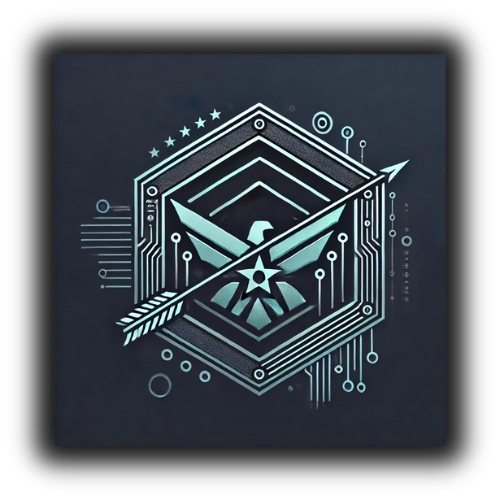A wave of revolutionary developments in the manufacturing industry have been brought about by Industry 4.0, often known as the fourth industrial revolution. New developments in technology promise to boost productivity, connectivity, and scalability. However, they also present a variety of fresh dangers and chances. In a recent online discussion, Sundareshwar Krishnamurthy, Partner and Leader-Cybersecurity, PwC India, and Sohrab Prakash, Head Audit & Assurance, Hero MotoCorp, participated as industry experts with Sourav Majumdar, Editor of Business Today.
Industry 4.0 was frequently equated with cost leadership and efficiency prior to the COVID-19 outbreak. The story has changed since the pandemic, though. Leaders in the industry now see Industry 4.0 as a way to improve flexibility and resiliency.
Important Risks in the Industry 4.0 Era
Cybersecurity: As data generation and interconnection soar, enterprises must give cybersecurity first attention. It is crucial to safeguard sensitive data from online attacks.
Workforce Skill: The use of cutting-edge technology might result in mistakes, particularly among blue-collar workers who are unfamiliar with them. It becomes essential to upskill the staff to stop catastrophic production failures.
Supply Chain Vulnerability: Vulnerabilities in the global supply networks were made public by the COVID-19 outbreak. Organizations must prepare for interruptions brought on by economic pressure and geopolitical events.
Proactive planning and risk management
Organizations are better able to spot change opportunities when they proactively manage risks at the beginning of their transformation journey. They can better traverse the industry landscape if they accept and successfully manage these risks up front.
From Hero MotoCorp’s Angle
Hero MotoCorp’s Sohrab Prakash, Head Audit & Assurance, emphasized the significance of privacy and cybersecurity as major risks in their journey toward digital transformation. Protecting client data and protecting cybersecurity have grown crucial with the move toward digital sales processes and data transmission between vehicles and devices. Hero MotoCorp uses listening tools to monitor social media, a secure development lifecycle for developing apps, and predictive analytics to anticipate sales.
The Function of PwC India in Risk Reduction
PwC India promotes a mindset that welcomes new technology and sees possibilities hidden in dangers. They also stress the significance of using plain language when speaking with board members and stakeholders.
Changes in Scale and Culture
Challenges and possibilities characterize the journey through Industry 4.0. Organizations must carefully balance embracing innovation with controlling the dangers that go along with it. The dynamic environment necessitates proactive risk management, talent enhancement, and a cultural shift toward accepting change. By accomplishing quality, speed, customer happiness, and premium value recognition from customers and investors alike, businesses can prosper in this period of technological transition.

